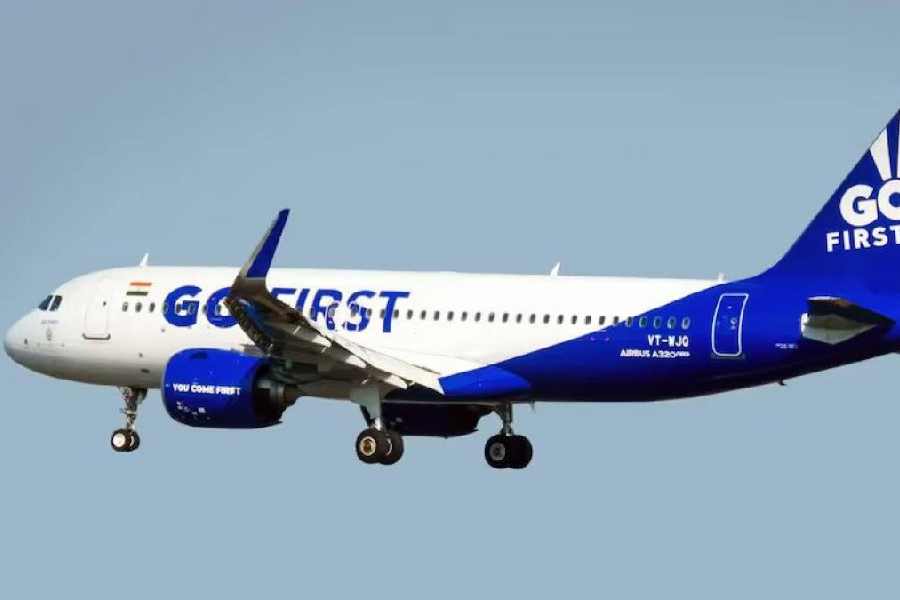US aircraft maker Boeing on Friday said the crisis at Go First will not change the trajectory of the Indian civil aviation market in terms of growth and macro trends while legislative clarity on aircraft leasing aspects will provide more comfort to the lessors.
India is the third largest as well as one of the fastest growing aviation markets in the world, and Indian carriers are expected to require more than 2,200 aircraft in the next 20 years.
Against the backdrop of insolvency proceedings being initiated against cash-strapped Go First, Boeing India President Salil Gupte said it is "never a positive" when an airline runs into financial challenges because it takes a toll on the management, employees, all stakeholders and also puts a strain on the overall transport infrastructure.
On whether the Go First crisis will have an impact on the bullish outlook for the country's aviation market, Gupte said he does not feel so and that growth will continue.
"In generally, we don't feel that the trajectory of the market changes at all in terms of the growth and macro trends... progress is never a straight line and there is always ups and downs.
"Ultimately, growth in India will continue even as we work through the challenges that Go First is going through today," he told PTI in an interview.
Meanwhile, aircraft lessors have raised concerns about the insolvency proceedings initiated against Go First as the resultant moratorium also bars them from taking back the planes leased to the crisis-hit carrier.
In India, domestic airlines mostly operate aircraft on the sale and lease back model.
On what needs to be done to address the concerns of the lessors, Gupte said that legislative clarity on leased aircraft in the context of Cape Town Convention will provide more comfort to the lessors.
"The key concern that lessors have is about the liquidity of their assets. They look at risk. They really want to make sure that their assets are accessible. Aeroplanes are really expensive assets.
"India has acceded to the Cape Town Convention that oversees how assets are traded globally... There is some legislation on the table that will provide clarity in India on how these assets will be handled going forward," he said.
According to him, passing that legislation will be one of the clearest things India can do to provide more comfort to the lessors and remove the challenges that they face in these type of situations.
"If India does that, you will see some of the issues raised by the lessors in the past few days will go away," Gupte said in the context of the Go First crisis.
Some lessors have also challenged the National Company Law Tribunal's (NCLT) decision to admit Go First's voluntary insolvency resolution petition.
While speaking at the Boeing Commercial Airplanes new office in Gurugram, Gupte said that there is a significant growth in the Indian economy and that also drives aviation growth.
"There are structural changes as you have a rising middle class in India. You have more than 90 per cent of the population that has not flown yet. We expect them to taste flights for the first time and that will create continued demand," he said.
According to him, one of the challenges for the Indian aviation sector's growth is about skilling and the country is projected to require 31,000 more pilots and 26,000 mechanics in the next 20 years.
India is a very competitive market and the price elasticity of demand for aviation is very sensitive in terms of price, given that many Indians still travel by train. "So, we need to ensure that pricing is competitive to attract more Indians to fly," he noted.
About the possibility of Boeing having final assembly lines in India, Gupte said, "we are always evaluating opportunities, not just in the region but also other regions".
He also said the final assembly line for defence aircraft is different from that for civil planes.
Boeing has significant presence in India, including in defence and civilian segments, and its annual sourcing from the country is worth more than USD 1 billion.
Except for the headline, this story has not been edited by The Telegraph Online staff and has been published from a syndicated feed.











